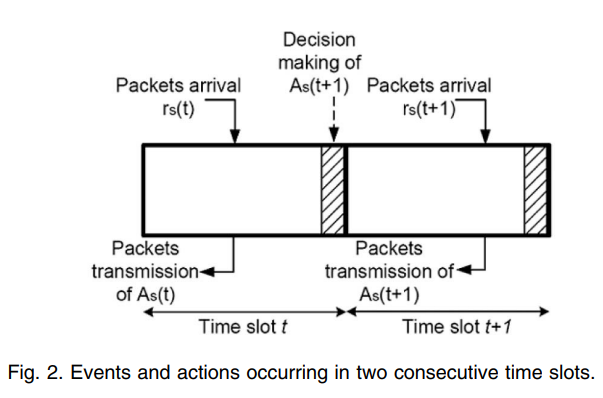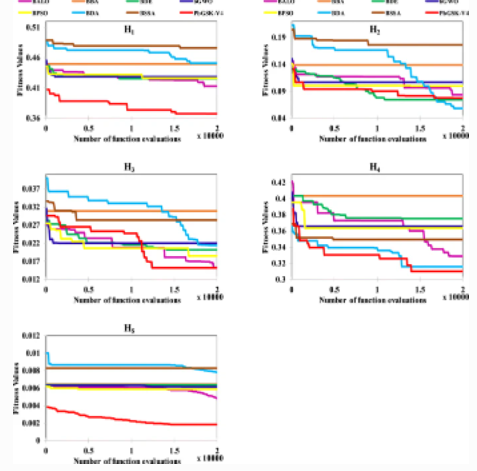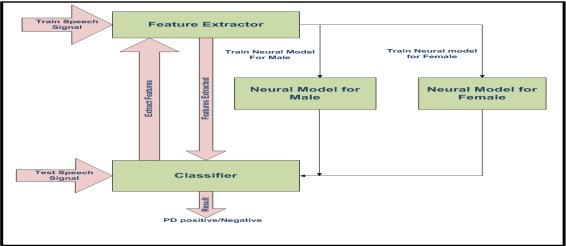
Cross-layer minimum-delay scheduling and maximum-throughput resource allocation for multiuser cognitive networks
A cognitive network is considered that consists of a base station (BS) communicating with multiple primary and secondary users. Each secondary user can access only one of the orthogonal primary channels. A model is considered in which the primary users can tolerate a certain average delay. A special case is also considered in which the primary users do not suffer from any delay. A novel cross-layer scheme is proposed in which the BS performs successive interference cancellation and thus a secondary user can coexist with an active primary user without adversely affecting its transmission. A scheduling algorithm is proposed that minimizes the average packet delay of the secondary user under constraints on the average power transmitted by the secondary user and the average packet delay of the primary user. A resource allocation algorithm is also proposed to assign the secondary users' channels such that the total throughput of the network is maximized. Our results indicate that the network throughput increases significantly by increasing the number of transmitted packets of the secondary users and/or by allowing a small delay for the primary user packets. © 2002-2012 IEEE.


